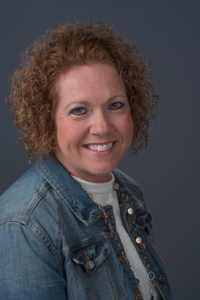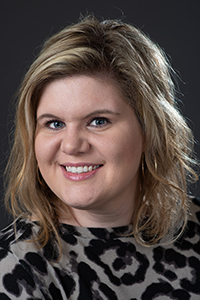CPR / Medical Form / Observation Hours
Applicants who are selected for admission to the Dental Assisting program must submit documentation of the following steps to Jennifer Hastings, Program Director/Lead Instructor of the Dental Assisting program, on the first day of class:
- CPR: Evidence of current CPR certification (must be Basic Life Support [BLS] – American Heart Association Healthcare Provider).
- Medical Form: Submission of the Wilkes Community College Student Medical Form which must be completed by a physician, physician assistant, or nurse practitioner. The form is given to you at the acceptance meeting.
- Observation Hours: Completion of 8 Dental Assisting observation hours. Applicants must complete 4 hours of job shadowing with an assistant in a general practice and 4 hours job shadowing with an assistant in a specialty practice. Observation hours are valid for two years.
Credit/Clock Hour Conversion Programs
WCC offers some programs that are considered credit/clock hour conversion programs based on federal regulations set by the U.S. Department of Education. These programs fall under this regulation because all the required credit hours are not acceptable or transferable into a two-year degree or college transfer program. If you are enrolled in one of the credit/clock hour programs and you have been awarded the Federal Pell Grant, your award payment may be less than what is indicated on your award letter. The Dental Assisting program is a credit/clock hour conversion program.
Orientation
Applicants who have been accepted into the Dental Assisting program will also be required to attend a mandatory Dental Assisting program orientation. The date of the orientation will be provided to applicants who are admitted to the program.
Notice of Clinical Requirements
WCC’s contractual agreements with each clinical site mandates that clinical agencies are responsible for declaring any requirements of students rotating through their facilities. These requirements include immunizations and a criminal background check. Therefore, students who do not comply with the agreements of each clinical affiliate will be placed only at those facilities in which the student has been cleared and all clinical requirements have been met. Selective placement due to non-compliance with all clinical requirements may limit the student’s overall clinical education experience but will allow for successful completion of program, clinical, and graduation requirements.
Individuals completing the Dental Assisting program are eligible to apply to take a national board examination, which they must pass in order to receive a certification. The licensing board does require information regarding conviction of a felony and/or misdemeanor and/or current charges on the application for certification and MAY DECIDE NOT TO CERTIFY an individual based on the result of an investigation of those particular charges.
Undocumented Immigrants
When considering whether to admit an undocumented immigrant into a specific program of study, community colleges shall take into account that federal law prohibits states from granting professional licenses to undocumented immigrants. Students lawfully present in the United States shall have priority over any undocumented immigrant in any class or program of study when capacity limitations exist. PLEASE NOTE: these procedures comply with numbered memo CC10-26, which was published by the North Carolina Community College System on July 12, 2010.


